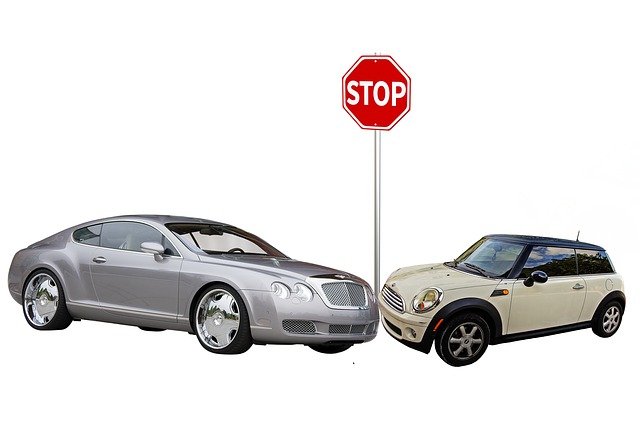Every year thousands of car accidents occur in North Carolina, leaving victims with severe physical injuries, emotional trauma, and financial losses. Car crashes can result in a wide range of injuries ranging from minor cuts and lacerations to bone fractures, traumatic brain injuries, spinal cord damage, and other life-threatening injuries that can have permanent consequences on the victim’s physical and mental health. Besides their physical burden, these incidents can have a significant adverse impact on an individual’s finances and leave them with hundreds of thousands of dollars in damages. Keep reading as we take a closer look at some of the most common car accident injuries in North Carolina.

Whiplash Injury
Whiplash injury is one of the most common forms of accident-related injury and occurs when the head and neck get jolted back and forth due to a sudden collision. In addition to a concussion, whiplash can result in several other injuries. These include muscle strain and ligament rupture, causing severe neck pain, headache, fluctuating cognition, and neck stiffness. A whiplash injury might also cause damage to the cervical spine, having lasting physical consequences, including incapacitation. It’s important to get these injuries checked out immediately.
Spinal Cord Damage
Back injuries occur when the shock of a car crash is absorbed by the spine. Resulting in severe physical harm, including vertebral fracture, intervertebral disc herniation, and spinal cord damage that can result in paralysis and sensory deficits. Even if an injury appears to be minor, it can be life-altering. Complete recovery might not be possible despite optimal medical and surgical treatment. These types of injuries can be detrimental to a person. Seeking justice is important after being involved in a serious accident.
Bone Fractures
Bone fractures occur very commonly in car accidents. Particularly fractures of long bones like the femur and other areas like the skull, ribs, arms, etc. Depending on the extent and severity of the fracture complete recovery may or may not be possible. The location of the fracture determines the course of recovery. Since fractures of ribs or skull bones can result in damage to the underlying organs like the lungs, liver, and brain, respectively. These can have a long recovery time so it’s best to get them checked out by a medical professional.
Traumatic Brain Injury (TBI)
Traumatic Brain Injuries result from damage to the skull bones that can cause significant intracranial hemorrhage. Depending on the area of bleeding, different neurological symptoms might be seen, including sensory deficits, motor symptoms, or a mix of both. Acceleration-deceleration injury can also cause significant neuronal damage due to shearing stress and compound the brain damage caused by bleeding. These injuries can lead to serious long-term damage to the victim. Some injuries can be so severe that they may never be the same again.
Internal Organ Damage
Car accidents involve a significant transfer of momentum to the entire body and cause damage to the internal organs. This includes the lungs, liver, kidney, spleen, and more. Splenic rupture is one of the most common dangerous injuries acquired in car crashes. This can result in severe internal bleeding that can prove fatal if not emergently treated. Internal organ damage is why seeking medical help is crucial after an accident since the physical impact of an accident might not be immediately apparent. They are not always obvious so seeking medical attention after an accident is suggested.
Conclusion
Car accidents can result in a wide range of physical injuries depending on the circumstances of the incident and the area of the body involved. If your accident resulted from someone else’s negligence, you could hire an experienced car accident lawyer for representation in a lawsuit against the negligent driver. They will review your case and make sure that it is pushed through. Your lawyer will do everything in their power to make sure you get the justice you deserve.
